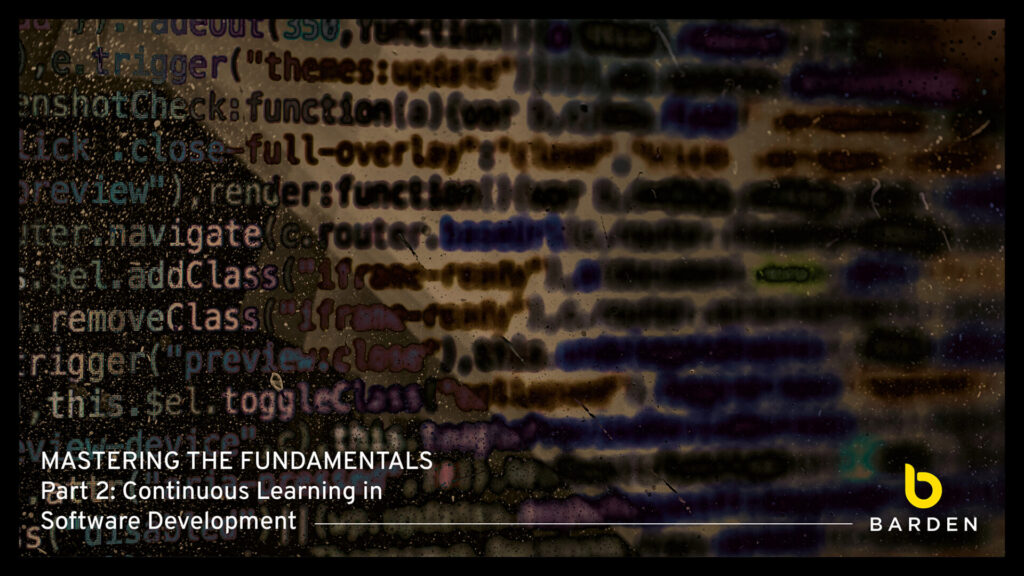In today’s rapidly evolving technology landscape, staying updated with the latest programming languages and tools is essential for developers to remain competitive. As new languages emerge and existing ones evolve, they bring fresh opportunities and challenges.
Let’s explore the key programming languages for 2024 and the importance of version control with Git and GitHub.
Key Programming Languages for 2024 and Beyond
As we move further into 2024, certain programming languages are proving to be particularly valuable due to their versatility, performance, and industry demand. Below are nine programming languages that will be crucial for developers to master:
- Python: Dominating fields like AI, machine learning, and data science, Python is celebrated for its simplicity and versatility. Microsoft’s recent introduction of Python support in Excel further extends the language’s reach, making it even more valuable for data analysis and business applications. This integration allows Python users to harness the power of both Excel’s familiar interface and Python’s advanced analytics capabilities, offering new opportunities for developers working with data.
- Java: A staple in enterprise applications and Android development, Java is known for its platform independence, robustness, and ability to handle large-scale systems.
- JavaScript: The backbone of web development, JavaScript is essential for both front-end and back-end development, supported by a vast ecosystem of frameworks like React, Angular, and Node.js.
- TypeScript: An extension of JavaScript, TypeScript introduces static typing, which helps catch errors early in the development process, leading to more robust and maintainable code.
- Go: Renowned for its speed and efficiency, Go is ideal for building scalable, high-performance systems, making it a favourite for cloud services and distributed systems.
- Rust: Gaining popularity for systems programming, Rust offers memory safety and performance, which are critical in fields like embedded systems, web servers, and game development.
- Swift: Apple’s preferred language for iOS and macOS app development, Swift combines modern syntax with high performance, making it an essential tool for mobile app developers.
- Scala: Combining object-oriented and functional programming, Scala runs on the JVM and allows developers to write concise, scalable code, particularly in data processing and big data applications.
- Dart & Flutter: Supported by Google, Dart, paired with the Flutter framework, enables the development of native mobile apps with a single codebase, rapidly gaining traction for cross-platform development.
When choosing which languages to master, consider factors such as your career goals, industry trends, and the specific projects that interest you. Mastering these languages will equip you with the skills needed to thrive in an ever-changing tech industry.
Introduction to Version Control with Git and GitHub
Version control is a vital skill for any developer, as it allows you to manage changes to your codebase over time.
Git, a powerful version control system, helps you keep track of different versions of your code, collaborate with other developers, and easily revert to previous states if something goes wrong. This capability is crucial for maintaining the integrity of your projects and ensuring smooth collaboration in a team setting.
GitHub, a platform built around Git, offers a collaborative environment where you can share your projects, contribute to open-source, and showcase your work to potential employers. By learning to use Git and GitHub effectively, you can improve your workflow, enhance collaboration, and open doors to numerous opportunities in the software development field.
Whether you’re working on personal projects, contributing to open-source, or collaborating with a team, mastering version control with Git and GitHub is an essential step in becoming a well-rounded and capable developer.
More about Rachel…
Rachel McGuckian is an Associate in the Technology division of Barden’s talent advisory and recruitment firm where she works with clients and professionals in the fields of software development, QA & DevOps. Connect with Rachel on LinkedIn or contact her at rachel.mcguckian@barden.ie


 Jump Back
Jump Back

